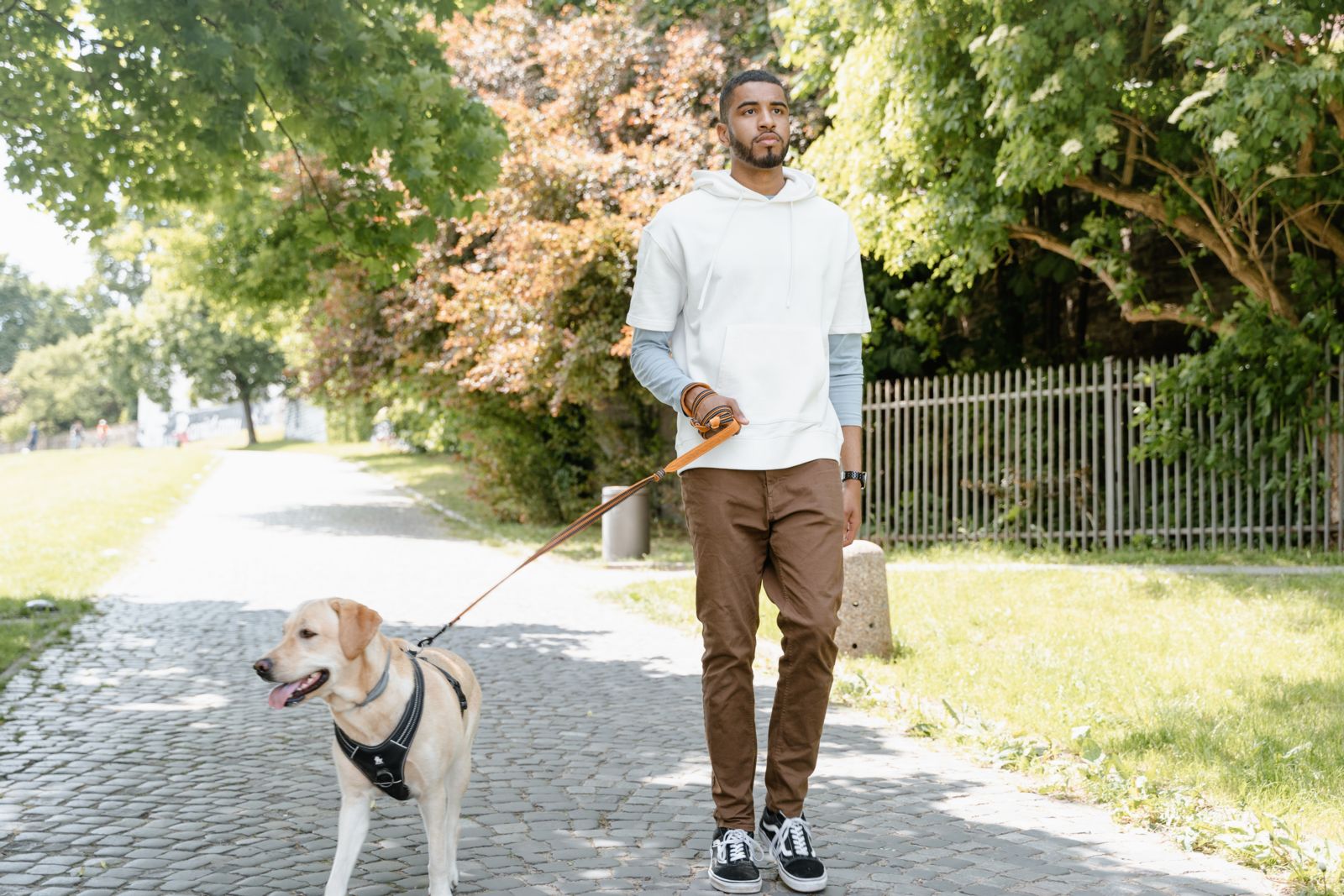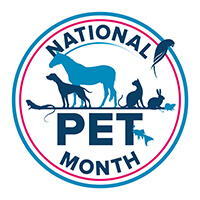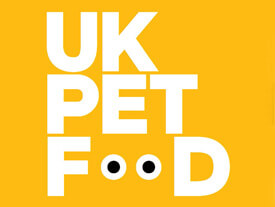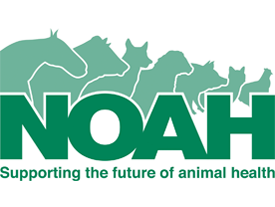Minimising Your Carbon Pawprint
There are many ways to be a more sustainable pet owner, from the food you feed your pet and the products you buy, to how you treat parasites. Here are some tips from the British Veterinary Association on how to help cut your pet’s “carbon pawprint” – even small actions can make a difference.

Pet accessories
Before you buy something for your pet, like a toy or a costume, think carefully about what it is and if it is really going to benefit your pet.
• Pet costumes – they are unnecessary, and potentially harmful to your pet if it restricts their airway or movement. This throwaway fashion adds to the “carbon pawprint” in the same way as human fast fashion, so leave them on the shelves.
• Try to shop sustainable pet essentials – look for grooming equipment, litter trays, feeding bowls made from sustainable materials or use recycled plastic. Biodegradable cat litter is also an option.
• Donate or reuse accessories. Online marketplaces and local sharing hubs are a great way to give underused scratching posts, toys and other items a second life.
• Ditch the plastic - use biodegradable poop bags to dispose of waste.
Food
Food, for both people and pets, is a significant contributor to global carbon emissions and at BVA we encourage pet owners to take an interest in the sourcing and ingredients of their pet’s food, as well as their own.
However, before making any changes to your pet’s food, whether that’s considering a different type of diet or perhaps changing to a sustainable pet food, you should talk to your vet. They can discuss different diet options and will be able to advise the correct diet for your pet based on its life stage, breed, specific health needs and lifestyle to ensure your animal is eating a healthy, balanced and complete diet.
Exercise locally
It’s always great to jump in the car with the dogs and drive to a beauty spot for a long walk. However, if you are keen to keep your carbon footprint down consider walking your dog locally. You never know what hidden green spot you might discover on your doorstep.
Preventative care and the environment
Fleas and other parasites can be a big worry for pet owners. But there are concerns the medicines used to treat these parasites, called parasiticides, can contaminate the environment and cause harm to wildlife, ecosystems, and to public health.
It is important that your pet receives treatment if needed. A few tips to minimise their impact:
• Talk to your vet about parasiticides so you can understand why they are used, when they should be used and consider the impact of them on the environment.
• When using parasiticides, always make sure to read the label to ensure it is being used properly.
• Spot on medicines can wash off and stop working, as well as risk harm to wildlife and the environment, so make sure to follow instructions to minimise this.
• Speak to your vet about what measures they are taking to be more sustainable and if they can suggest anything else you could implement at home.


